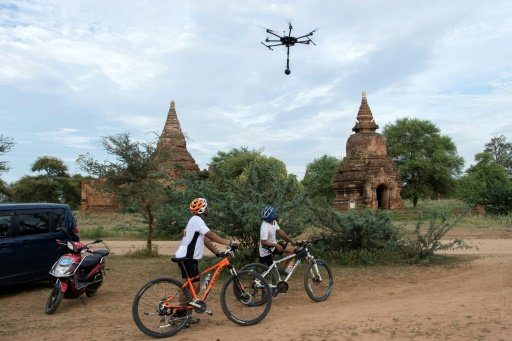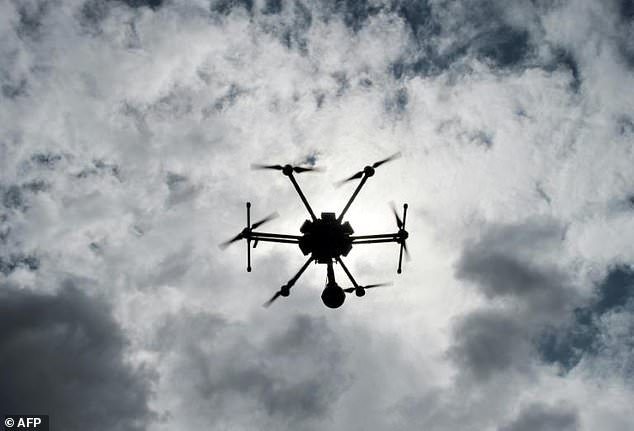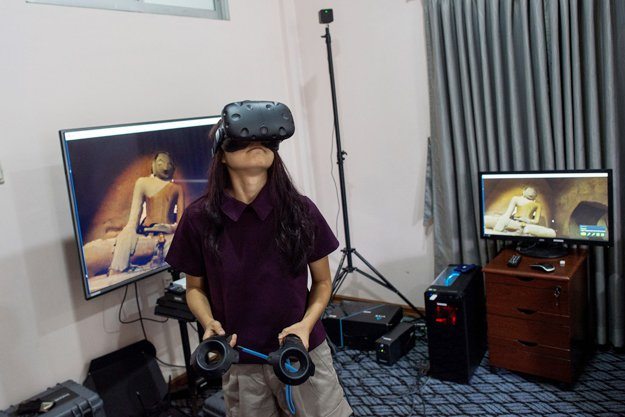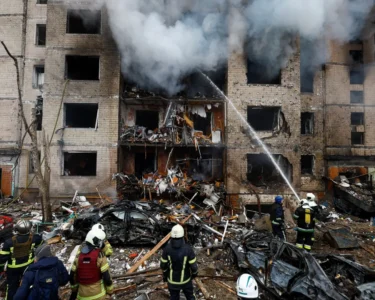A big round of applause across the hall for the Myanmar school kids as they perform the experiment of virtual reality goggles, creating a marvelous device that lets some of Asia’s poorest community to march on the moon or lunge beneath the waves.
“In Myanmar, we can’t meet the expense of much to bring students to the real world experience,” beamed Hla Hla Win, a tech entrepreneur, and teacher who put an effort in taking virtual reality into the classroom.
“If they’re seeking about animals we can’t take them to the zoo… 99% of parents don’t have time, money, and the means,” she added.

Myanmar is in the list of few those countries across the world that has experienced such a fast innovation of technology than others and in just a few years paved the path from the analog to the digital era.
Throughout the times of outright junta rule, which finished in 2011, Myanmar was one of the world’s most remote and isolated nations, a country where a mobile phone Sim card could charge up to $3,000.
However, today phone towers are coiling up across the country and nearly 80pc of the populace has access to the Internet via smartphones, according to telecoms giant Telenor.
Budding start-ups
The capital Yangon is witnessing an emergence in Tech startups at the commercial level many seeking to perk up the lives of the rural community, as most of them are still living devoid of any signs of paved roads or electricity.
Virtual reality (VR) is the latest move to cause a stir, with a handful of entrepreneurs taking on tech for projects with defending ancient temple sites to shaping young minds of the prospect.
The Phandeeyar incubator incubates more than 140 startups. Among them Hla Hla Win’s virtual reality social enterprise 360ed which has made VR goggles attached to smartphones by means of affordable cardboard to smash down obstructions in Myanmar’s classrooms.
And it’s not only students who realize from stepping into places they might possibly ever dream of visiting.
By employing the VR technology 360ed is helping Myanmar teachers to attend training courses in Finland and Japan. And currently is working on setting up deals with schools in Pakistan, India, China, and Bangladesh.
“With VR there’s no barrier, there’s no distance,” Hla Hla Win said.

Mapping the Past
While 360ed is targeting the future, Nyi Lin Seck is preoccupied with the past.
About 600 kilometers north of Yangon, the growing tech entrepreneur and founder of 3xvivr VR Production launches a big drone into the firmament higher than Bagan, one of Myanmar’s most famed tourist sites.
The drone with a 360-camera, circles lots of ninth-to-thirteenth century temples that point out the landscape of what was formerly a rambling antique city.
Through proceeding of data it allows those with virtual reality headsets to discover and travel around the temples, their collapse centuries-old walls so close it undergoes like you can touch and feel them.
Nyi Lin Seck an ex- head of the local TV station says he makes nearly all of his money by offering virtual reality recording and footage for hotels and luxury apartments.
However, subsequent to an earthquake scratched the Bagan site last year; he declared to use the tech to protect a digital replica of Myanmar’s archaeological treasures.
“A lot of artworks on the pagodas distorted and were vanished. By utilizing this technology, we can trace up to 99% of the ancient art,” he added.




